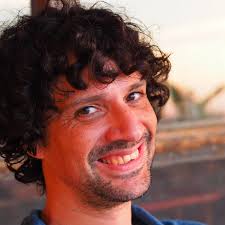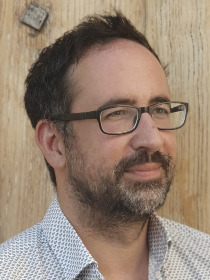The University of Groningen was founded in 1614. Today, the university is a classical, general university offering more than fifty different fields of study. No other university in the Netherlands offers such an extensive a range of subjects. The University of Groningen comprises the following eleven faculties: Theology and Religious Studies, Law, Medical Sciences, Science and Engineering, Arts, Economics and Business, Behavioural and Social Sciences, Philosophy, Spatial Sciences, University College Groningen and Campus Fryslân. All these faculties offer full university degree courses.
Connected to NOHA is a research hub on humanitarianism and crisis with research projects within the University of Groningen that are related to the Network of Humanitarian Action. The projects share a focus on humanitarian issues, crisis management policies but differ in their disciplinary focus, research questions, and methodological approaches, thereby contributing to the multidisciplinary nature of NOHA Groningen. The projects are located at the various faculties and departments of the University but share an overall interest in matters of humanitarian action and organization.

.png)



